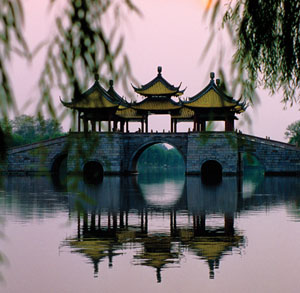This article appears in the Witness section of the Winter 2017 issue of the New Humanist. Subscribe today.
On 27 October, Britain marked the 50th anniversary of the 1967 Abortion Act. This was a groundbreaking piece of legislation that allowed doctors to perform abortion legally, as long as certain conditions were met. The law drastically reduced the number of women dying as the result of illegal abortions. But the law did not pass everywhere in the UK. The devolved government of Northern Ireland did not pass the legislation. To this day, Northern Ireland has some of the most restrictive abortion laws in Europe, and some of the harshest criminal sanctions for abortion in the world. Abortion there is only permitted if a woman’s life is at risk or there is a permanent or serious risk to her mental or physical health.
In November 2015, a High Court judge ruled that this was an abuse of women’s human rights. The Northern Irish court of appeal ruled this year that it was up to the Stormont parliament to legislate to remedy the situation. But Stormont has been suspended for months, and one of the few uniting factors in Northern Ireland’s deeply divided politics is opposition to abortion.
There have been a few changes in recent months. Until recently, women in Northern Ireland could not access free abortions on the NHS even in England, Scotland or Wales. That policy was changed this year, and the government announced financial assistance for the most needy to travel to England. But the fact remains that within Northern Ireland, the vast majority of women cannot access abortion.
Three days before the anniversary of the 1967 act, hearings began in a Supreme Court case seeking to bring legal abortions to women in Northern Ireland. The case, brought by the Northern Ireland Human Rights Commission, focuses on some of the gravest circumstances: pregnancies where the foetus cannot survive birth, pregnancies resulting from rape or incest, and women with serious malformation of the foetus.
Humanists UK is intervening in support of the commission, with oral and written submissions. “It is simply outrageous that even in the extreme circumstances this case deals with, women in Northern Ireland still are not able to access legal and safe abortions,” said Andrew Copson, chief executive of Humanists UK. “With the lack of any political will in Northern Ireland to sort this matter out, it is right that the Northern Ireland Human Rights Commission has taken the subject to the courts, to ensure that every woman’s autonomy and dignity are respected, and human rights are upheld. We will be doing our utmost to ensure this challenge succeeds.”

